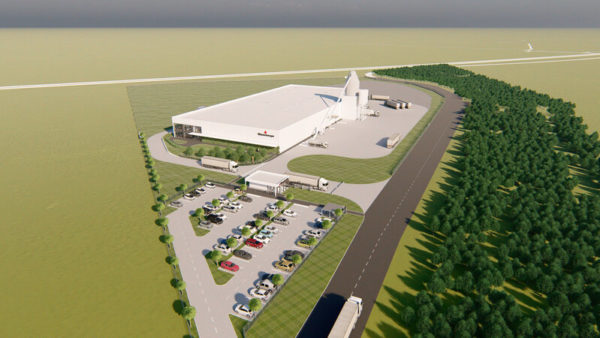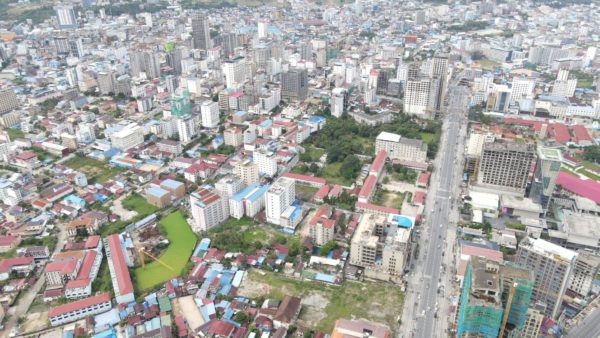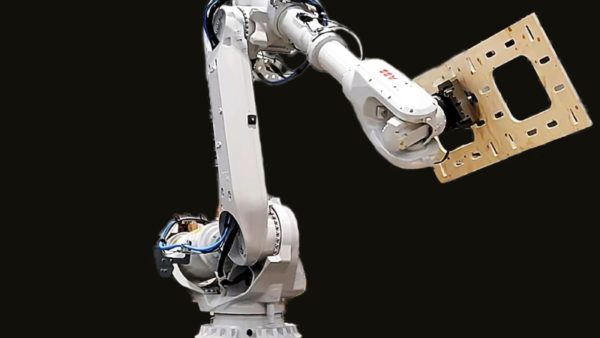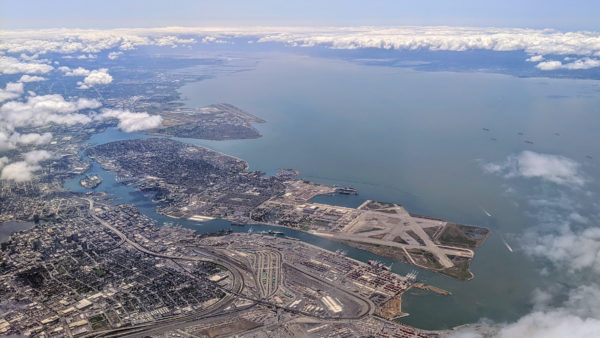A consortium led by US construction firm Aecom has secured more than £4.2m ($5.2m) of funding from the UK government to test the use of autonomous vehicles to move people around airports, hospitals, malls and other centres.
The pilot project includes the design, development and testing of "pods on-demand" (PODs), and will culminate in on-road public trials at London’s Queen Elizabeth Olympic Park.
As well as developing PODs, the project will test technologies that allow the vehicles to navigate safely in pedestrian and road environments.
The UK government sees the development of autonomous vehicles as an international race, and wants to win.
"The race for developing connected and autonomous vehicles is accelerating and as a Government we are determined to build on our strengths and ensure the UK is at the forefront of this revolution," said Greg Clark, Secretary of State for the Department of Business, Energy and Industrial Strategy, adding, "schemes like these will be key to turning research and development into anchoring future production".
The money is being channelled through Innovate UK, a high-tech hothousing agency, and the Centre for Connected & Autonomous Vehicles (CCAV), also government funded.
Aecom leads a consortium, called CAPRI, of 20 organisations including universities, businesses and public sector authorities.
CAPRI will look at how the network can harness data to enable location, positioning and on-demand services. Participants hope that evidence collected through the pilot will provide sufficient detail to enable a new vehicle classification for the PODs.
Lee Street, Director & Head of Technology Services – Europe, Aecom, said: "Connected and autonomous mobility services could potentially be used across a wide range of markets from airports and hospitals to business parks, shopping and tourist centres so there are clear economic and service benefits to this pilot."
The project includes four trials, with the first on private land at Filton Airfield near Bristol where consortium member YTL is developing a major new community. The aim will be to test the performance of the new generation PODs.
The second trial will test a public service in a shopping centre car park to assess performance in busy pedestrian areas.
The final two trials will be at the Queen Elizabeth Olympic Park, a large estate that includes retail, recreation, residential and business centres.
The first of these trials will test a public on-demand mobility service in pedestrian areas, with the PODs identifying and navigating the best routes. The final public trial will test the PODs on a network of roads around the park, with the service interacting with traffic control systems.
For the first time, the project will apply "accidentology analysis" to PODs to identify potential causes of accidents.
The CAPRI consortium was awarded the funding as part of a CCAV and Innovate UK competition to invest £35 million in industry-led research and development projects on CAVs. The aim of the competition was to find projects that would deliver technical solutions for CAVs that provide real-world benefits to users and where the commercial benefit is clear.
CAPRI – which stands for "Connected & Autonomous POD on-Road Implementation" – comprises Aecom, AXA, Burges Salmon, Conigital, dynniq, ESP Group, Fusion Processing, Heathrow, Loughborough University, NEXOR, Queen Elizabeth Olympic Park, South Gloucestershire Council, Transport Simulation Systems, University of Warwick, University of Bristol, thingful, TVS, University of the West of England, Westfield and YTL.
Image: A prototype driverless vehicle built by RDM Group and unveiled in 2015 for the UK’s Transport Systems Catapult (http://www.mksmart.org)
Further Reading:










